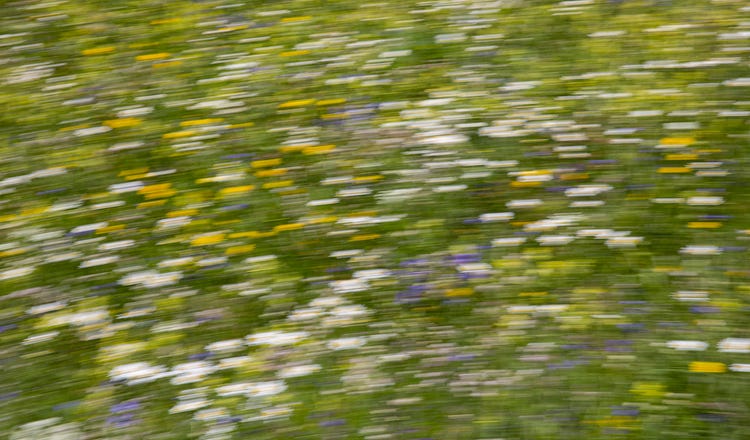Real Life Does Not Fit The Narrative

An Alpine wildflower meadow in the Swiss Alps below the Matterhorn near Zermatt, Switzerland. (Tim Graham via Getty Images)
This past summer, I threw my phone in a drawer and headed for the mountains of Montana. That's true. It's also a metaphor.
392
To our veteran subscribers—and to our many newcomers—welcome, again, to The Free Press (formerly Common Sense). We’re excited you’re here. We hope you enjoy the essay below by Amanda Fortini as much as we do.
For more, please check out our new website. And thank you so much for making our work possible. — BW
In my early twenties, I attended an art party …
Continue Reading The Free Press
To support our journalism, and unlock all of our investigative stories and provocative commentary about the world as it actually is, subscribe below.
$8.33/month
Billed as $100 yearly
$10/month
Billed as $10 monthly
Already have an account?
Sign In

